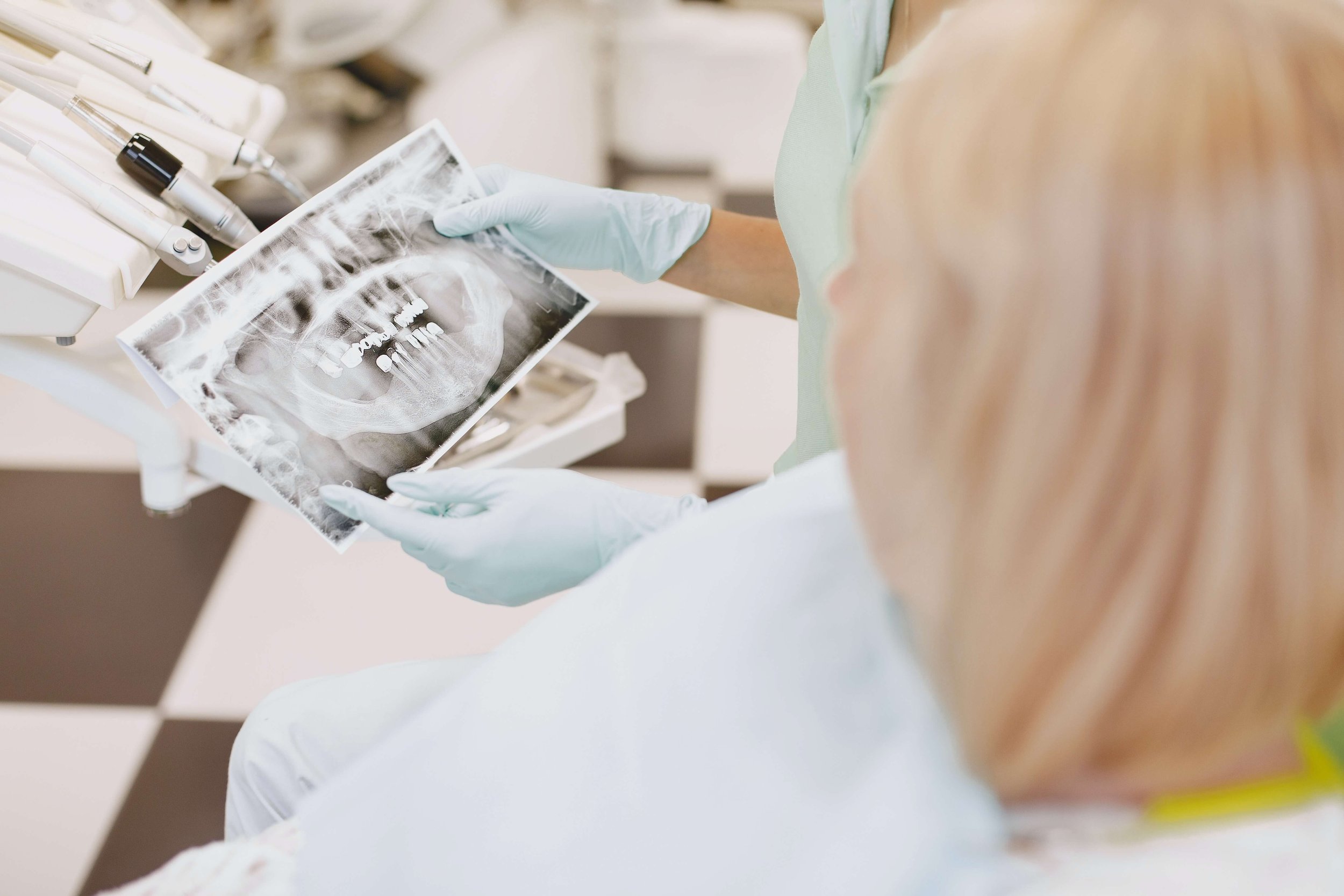How to Prepare for Your Tooth Extraction
A tooth may need to be pulled for a variety of reasons. Wisdom teeth are particularly troublesome, causing pain and developing malformations in some cases. Cavities in wisdom teeth are common in people with tiny mouths because they are difficult to brush and floss, and food particles tend to get caught between the teeth and cheeks. Dentists may advise extraction to relieve crowding or if a tooth is severely diseased or damaged beyond repair. Let's look at what to do to prepare for oral surgery.
Exam
On the surface, tooth damage is sometimes obvious. However, there are times when it is not so obvious, and an X-ray will be needed. X-rays allow us to see into your teeth and gums, as well as the roots of your teeth, nerve pathways, and the jawbone. They assist our dentists in determining how to treat a tooth, whether it is decaying, broken, impacted, or has developed incorrectly, causing pain. This will allow the surgeon to examine the tooth and devise a game plan on how the extraction will go.
Medical Background
If a tooth extraction is recommended, your dentist will need to know more about your medical history. This will include any allergies, pre-existing conditions, and drugs you are presently taking. The following conditions might require special attention during surgery:
Damaged or artificial heart valves
History of bacterial endocarditis
Compromised immune system
Congenital heart defect
Bleeding disorders
Undergoing chemotherapy
Liver disease
Because all surgery has the potential for infection, most patients should expect to take antibiotics after tooth extraction. Sometimes, patients may need to begin antibiotics before the surgery. This could be the case if your tooth is severely infected or you are at a higher than average risk of infection due to a weakened immune system.
Stop Smoking
We understand that not smoking is tough for some patients. We recommend you do your best and prepare with nicotine replacement if possible. At the very least, you should avoid smoking on the day of your extraction and the day after. Smoking lowers blood flow, which can impede recovery and increase the likelihood of infection. Smoking might also raise the risk of acquiring a dry socket, a very painful condition.
Stock up on Pain Relievers and Soft Foods
You'll need to eat a soft diet for a few days after having a tooth extracted. Prepare ahead of time by stocking up on soft foods that you prefer. Some typical soft foods that people like are:
Yogurt
Mashed potatoes
Oatmeal
Vegetable Soup
Ice cream
Pudding
Chicken broth
Popsicles
Baby Food
Also, avoid using a straw for the first week after the surgery. A clot is formed, which is natural after the tooth is pulled. Suction can dislodge the clot and cause a host of issues.
Be a Few Minutes Early.
Even if you receive all your dental care at our office, you may be required to complete some paperwork upon arrival. As a result, arriving a few minutes early on the day of your surgery is a smart idea. Bring your current insurance card, identification, and payment, if applicable.
If you need a tooth extraction and aren’t sure what to do, even after reading this, you might want to reach out. We are happy to answer any questions or concerns you might have. Our team of dental professionals is there for you every step of the way, before, during, and after surgery. Call today.



